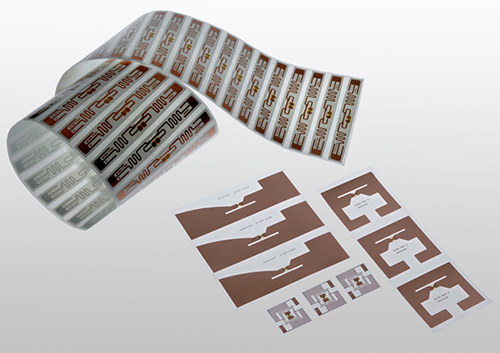RFID – Radio Frequency Identification

RFID is the non-contact use of radio-frequency, electromagnetic fields to transfer data for the purposes of automatically identifying and tracking tags attached to objects. Some tags require no battery and are powered and read at short ranges via magnetic fields.
Other tags use a local power source and emit radio waves. These RFID tags contain electronically stored information which may be read from up to several meters away. Unlike a barcode, the tag does not need to be within line of sight of the reader and may be embedded in the tracked object.
The key features of RFID include:
- Fully automated data capture and analysis system.
- No line of sight requirement.
- Ability to track people, items and equipment in real-time
Did you know?
According to Wikipedia: RFID tags are used in many industries. For example, an RFID tag attached to an automobile during production can be used to track its progress through the assembly line; RFID-tagged pharmaceuticals can be tracked through warehouses; and implanting RFID microchips in livestock and pets allows positive identification of animals.
Since RFID tags can be attached to cash, clothing, and possessions, or implanted in animals and people, the possibility of reading personally-linked information without consent has raised serious privacy concerns.
In 2014, the world RFID market is worth US$8.89 billion, up from US$7.77 billion in 2013 and US$6.96 billion in 2012. This includes tags, readers, and software/services for RFID cards, labels, fobs, and all other form factors. The market value is expected to rise to US$18.68 billion by 2026.